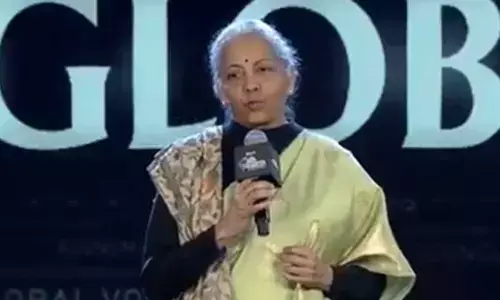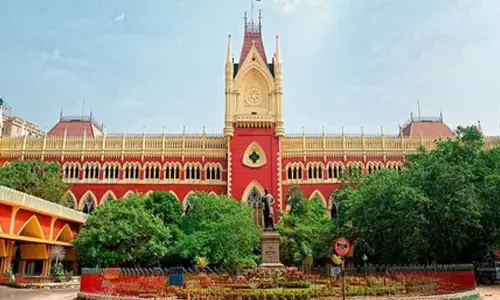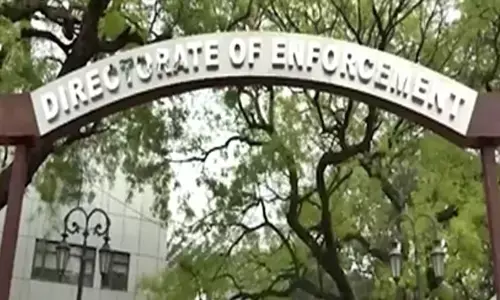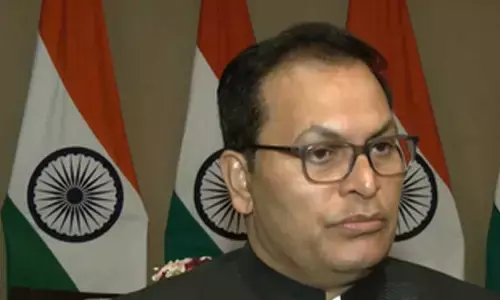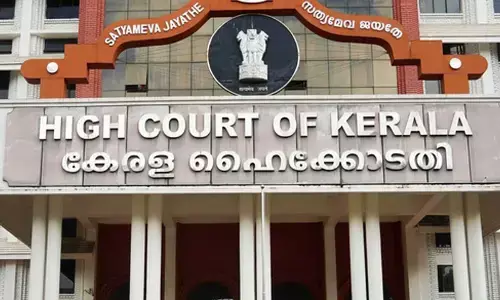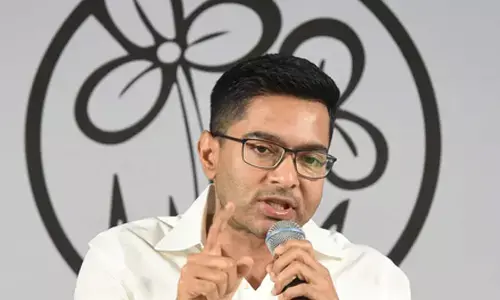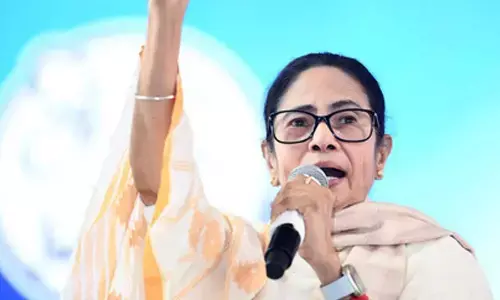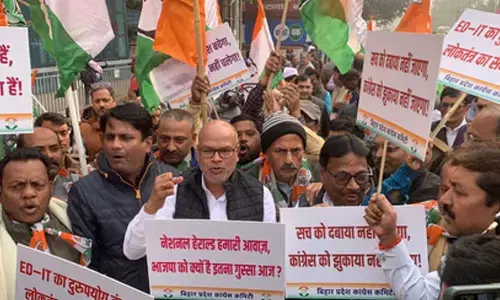Will not allow dilution of AIIMS brand says J P Nadda
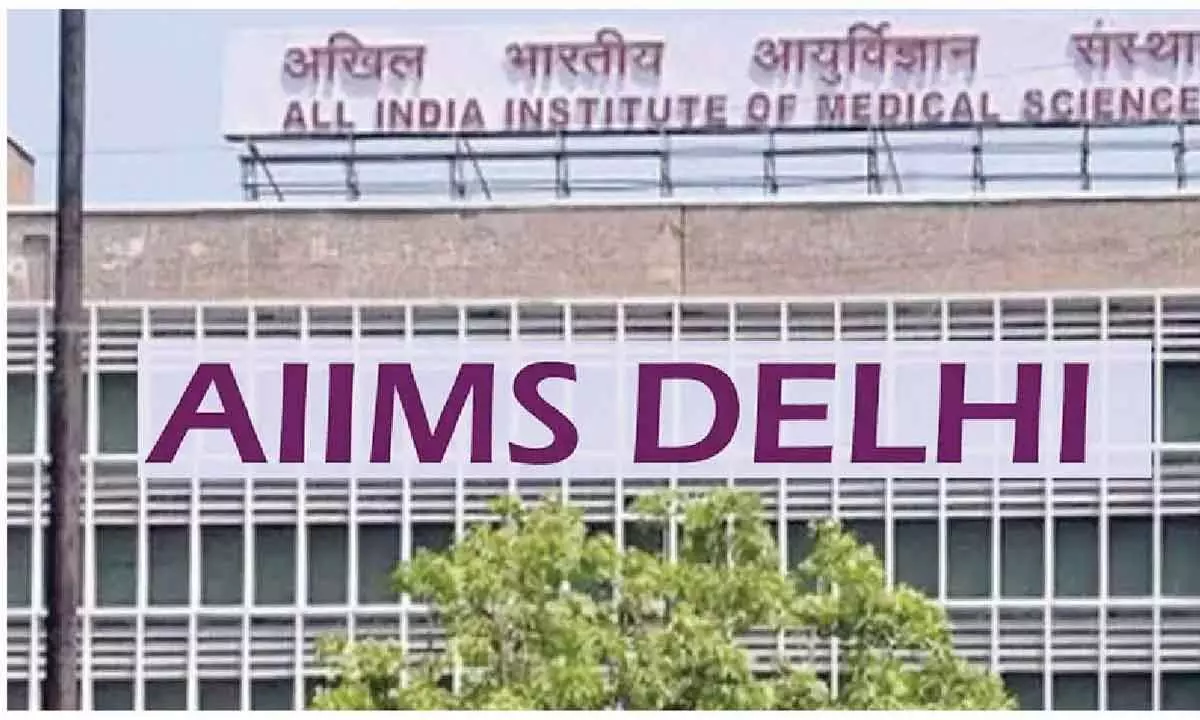
Nadda says 14 free diagnostic facilities are available in sub-health centres, 63 in primary health centres, 97 facilities in community health centres, 111 facilities in sub-district hospitals, and 134 in district hospitals
New Delhi : Union Health Minister J P Nadda on Sunday said he would not allow any dilution in the standards of teaching and faculty at the new AIIMS and would protect the brand.
Addressing the BJMFCON 2024, a forum of doctors from Bihar and Jharkhand practising in Delhi and NCR, Nadda said that AIIMS-Delhi was set up in the 60s and it was only in the 80s that it became a brand name. “It takes 10 to 20 years for any institution to grow and function in full swing. I will not allow the dilution of the standards of AIIMS and will protect the brand name,” he said.
No compromise will be made in the faculty recruitment, he added. Nadda said that the groundbreaking ceremony for AIIMS-Darbhanga will soon be held, and the commissioning of AIIMS-Deoghar has been done with the recruitment of staff underway. Nadda said that in the last 10 years, several policy interventions have been made to transform medical education and medical health. “In the 2017 health policy, we tried to make it comprehensive and holistic. Earlier, the stress was on the curative aspect but now the focus is on preventive, promotive, curative palliative and rehabilitative aspects -- a holistic approach,” he said.
Nadda said that the facilities which were earlier called primary health care centres and sub-centres have been converted into Ayushman Arogya Mandirs. At present, there are 1.73 lakh Ayushman Arogya Mandirs and their quality assessment is being done digitally, he said. The focus of these facilities is on early detection of non-communicable diseases. In Bihar, 10,716 Ayushman Arogya Mandirs have been set up which have witnessed a footfall of 8.35 crore so far and there have been 4.36 crore screenings for NCDs. In Jharkhand, there are 3,825 Arogya Mandirs which have recorded a footfall of 2.33 crore.
“So you can imagine how the Indian government is ensuring that health services reach people at the last mile and the benefits reach at the grassroots level,” he said. Nadda said 14 free diagnostic facilities are available in sub-health centres, 63 in primary health centres, 97 facilities in community health centres, 111 facilities in sub-district hospitals, and 134 in district hospitals. Under the Pradhan Mantri National Dialysis Programme, every district hospital offers free dialysis, he said. Speaking on institutional deliveries, Nadda mentioned the implementation of the world’s largest COVID-19 vaccination programme with more than 220 crore doses being administered. He also said that in the last 10 years, the number of medical colleges have been increased from 387 to 786 and 156 district hospitals have been converted into medical colleges.
“Could you imagine a medical college in Purnia, Saharan, Samastipur, Siwan, and Buxar in Bihar and Dumka, Hazaribagh, Palamu, and Koderma in Jharkhand?” he asked in a rhetoric fashion. He said there is a plan to increase PG and MBBS seats by more than 75,000. The minister claimed that the Swachh Bharat Abhiyan helped reduce child mortality and the Ayushman Bharat health insurance scheme reduced the out-of-pocket expenditure of the people.








